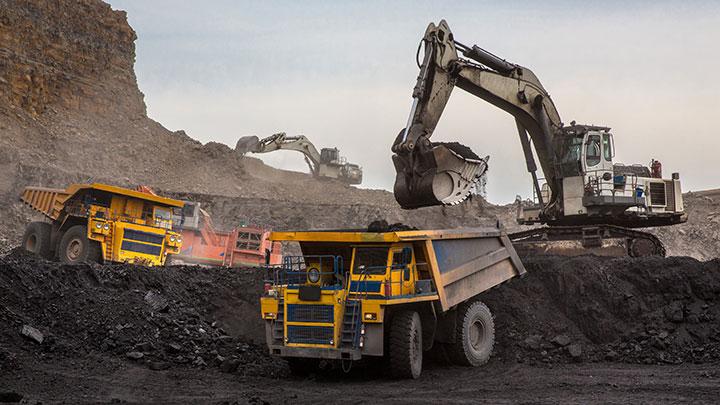
TEMPO.CO, Jakarta - The Mineral and Coal Mining Law favors corporations and sidelines the people. It should be the subject of an examination by the Constitutional Court.
THE House of Representatives (DPR) and the government are clearly more on the side of corporations rather than their own people. While the public concern is focused on Covid-19, the DPR and the government have passed the revised Mineral and Coal Mining Law, which is full of problems, especially concerning the rights of the people and the environment.
By passing this bill that attracted public opposition at the end of President Joko Widodo’s first term, the DPR and the government seemed to have rolled out the red carpet for corporations to control more land for longer periods. Mining in river areas has been expanded from 25 hectares to 100 hectares. Companies can propose mining support areas outside their concession permits. The exploration period, which was two years, has been extended to up to eight years.
This article opens the door to the practice of land banking, or companies taking control of vast areas of land very cheaply. Other articles provide an opportunity for financial transactions between companies behind closed doors. Article 61 states that the government can grant a permit to another company in the same exploration region for a different commodity, after that company obtain the agreement of the first mining company for an exploration permit. The phrase “after obtaining the agreement” means that money could well change hands.
Favorable treatment for companies is also apparent in the extension of permits. The new law guarantees companies they will be able to extend their operating licenses. A coal mining company can, for example, operate for up to 60 years after obtaining two 10-year extensions. And if a coal mining company is integrated with a geothermal power station it can operate for up to 80 years – after a 30-year extension and a guaranteed additional 10-year extension. The same is true for metal mines that are integrated with smelters.
This provision is contrary to the old law that did not guarantee extensions. Permits had to be returned to the state after the concession period ended. After this, anyone could apply for a permit for that area. The guaranteed permit extensions provision in the new law perpetuates the control of natural resources by a small number of companies. Moreover, in the new law, any mineral byproducts – which were not mentioned in the original permit application – automatically become the property of the permit holder.
There are still many other problematic articles which mean this new law should not have been passed, from the one-sided legal penalties to the increasingly small opportunity for people living around mines to oppose mining. Previously, there were punishments for officials found guilty of corruption in the granting of permits, in addition to the Anti-Corruption Law. Now, this provision has been removed.
Conversely, people opposing the presence of mines can be prosecuted. It would be very dangerous if a demonstration against mining activity – which is a manifestation of the right to freedom of public expression – was interpreted as an endeavor to obstruct or disrupt mining operations. According to the new law, not only does this carry a threat of jail, but also peoples’ possessions can be confiscated.
This law should be the subject of an appeal to the Constitutional Court. As the guardian of common sense, the Court should be able to straighten out the warped logic behind this law. The Constitution clearly states that the water, soil and everything contained within, shall be used for the greatest possible benefit to public welfare, not for the interest of a small number of businesspeople.
Read the Complete Story in this Week's Edition of Tempo English Magazine























